Endings Matter: Never End on a Thank You Slide
Or a slide that says ‘Questions?’
Ending matters, and these two are not good endings.
It’s the closing minutes of a sixty-minute meeting, most of which has been taken up by slides flashing across the screen. What will help the audience create a mental model of what has just happened, to walk out with a clear idea of what this was all about, what it means to them, and the most critical points to ponder and take action on?
A thank you slide or a conclusive and positive resolution?
We can do better
I can’t tell you how many times the last slide I see is a thank you; it makes me want to throw things. Critical updates, keynotes that inspire, solutions to major problems, big ideas, and requests for large sums of money to back them—the last slide simply says, ‘Thank you.’
One of the leading causes of this is leaving the ending to the end, by which time you are running out of time, and panic is setting in. It then becomes a case of choosing between one more run-through and building confidence in the opening or working on the last few slides. As a result, the ending never gets the attention it needs. Instead, the last good-looking ‘thank you’ slide is grabbed from another deck and shoved in while in a taxi to the event.
We must stop this, as it is undoing all the great work up to this final close.
How we end stories is critical to how the audience wraps up any loose ends in their minds and walks away, satisfied that this was worth their time. This is as true of a blockbuster movie as it is of your presentation.
When the beginning and the end don’t connect…
We don’t have a story
We don’t reinforce our value
We don’t maximise the peak-end rule, leaving the audience clear on why this matters by delivering a confident resolution they are more likely to recall.
The beginning and the end are partners in storytelling.
In a well-structured story, the end will be the opposite of the beginning. So here is the hack for those who need one: As soon as you know your opening, the problem that this presentation will solve for the audience, you can write your ending, the conclusive resolution that confirms that through everything you have just shared, you have solved this. Write that on a slide, delete the thank you, and then empty your deleted folder.
Once your deck is complete, you might add a line or two to cement how this has been achieved, but even without this, you have a conclusive resolution that is better than any ‘thank you’ I have ever seen.
The end is too important to ignore
Beyond leveraging the fundamentals of storytelling that help us engage audiences and ensure they process, store and recall your content so that it stands out and stands the test of time, there is another reason this matters.
The work of psychologist Daniel Kahneman has led to many of the principles in behavioural economics, including the peak-end rule. This psychological phenomenon suggests that people judge an experience largely based on its most intense moments (the "peak") and its conclusion (the "end"). Weak endings = weak presentations in the mind of the audience.
In summary
Endings matter, and ‘thank you’ slides suck at delivering good endings. Always finish with a resolution that conclusively resolves the audience's problem and cements the value of your thinking.

